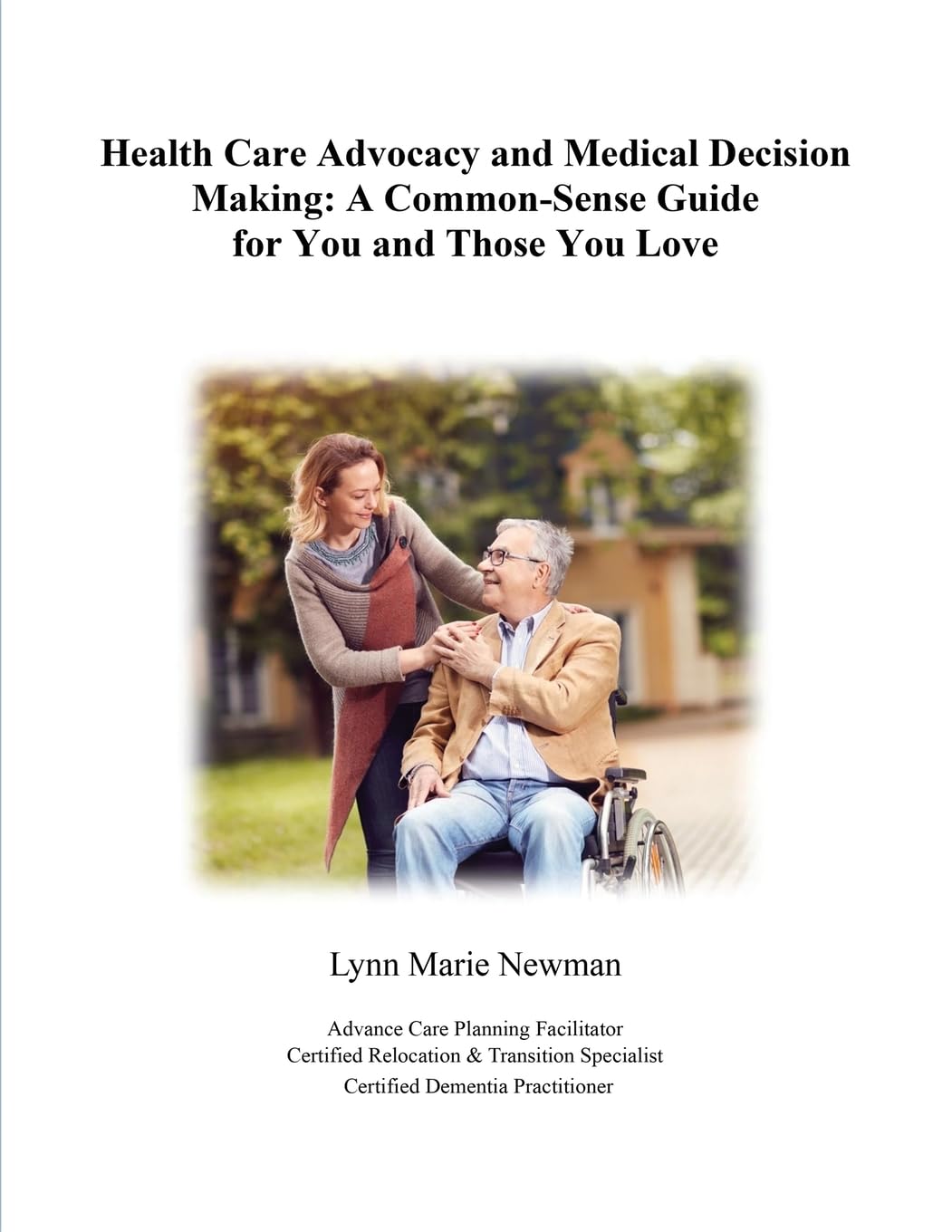Caregiving is a role filled with love, dedication, and compassion, but it can also be physically and emotionally draining. Often, caregivers focus so much on their loved ones that they neglect their own well-being. However, caring for yourself is not a luxury—it’s a necessity. Prioritizing self-care allows you to maintain your physical health, mental clarity, and emotional resilience, enabling you to provide better care for your loved one in the long term.

Why Self-Care is Essential for Caregivers
As a caregiver, you may find yourself constantly on the go—managing medical appointments, household chores, and the personal needs of your loved one. Over time, this relentless focus on others can lead to burnout, stress, and even physical health issues like fatigue, insomnia, or weakened immunity.
When you neglect your own health, both you and your loved one suffer. You may become irritable, less patient, or even make mistakes in caregiving tasks. By taking time for yourself, you recharge and can approach caregiving duties with renewed energy and patience. Remember the “oxygen mask” analogy from airline safety: you must put on your own oxygen mask before assisting others. You can’t take care of others effectively if you’re running on empty.
Practical Self-Care Tips for Caregivers
Set Boundaries: Establish clear boundaries to prevent burnout. While caregiving can often feel like a 24/7 job, it’s essential to carve out time for yourself. Communicate with family members or friends to schedule regular breaks or enlist respite care to give you time to recharge.
Prioritize Physical Health: Maintain a regular routine of physical activity, even if it’s just a daily walk or yoga session. Staying active can boost your mood and increase your energy levels. Don’t forget to schedule routine medical checkups for yourself to monitor your health.
Seek Emotional Support: Caregiving can be emotionally overwhelming, so it’s important to find an outlet. Talk to friends, join a support group, or consider speaking with a therapist who understands caregiver challenges. Sharing your feelings can help relieve stress and reduce feelings of isolation.
Engage in Relaxing Activities: Whether it’s reading a book, practicing meditation, or engaging in a hobby, make time for activities that relax and recharge you. These small moments of joy can break up the stress and provide a much-needed emotional reset.
Conclusion
Caring for a loved one is both an honor and a challenge, but to be effective, you must prioritize your own well-being. By practicing self-care, setting boundaries, and seeking emotional support, you’ll ensure that you remain strong, healthy, and emotionally available to provide the best care possible.
As a caregiver, it’s crucial to prioritize your own well-being while supporting your loved ones. Lynn Marie Newman’s Health Care Advocacy and Medical Decision Making: A Common-Sense Guide for You and Those You Love provides practical insights not only for making informed medical decisions but also for ensuring you take care of yourself. This guide helps you navigate the emotional and physical demands of caregiving, offering strategies to avoid burnout while delivering the best care possible. Invest in both your health and your loved one’s future—get your copy today from here: https://amz.run/9bou, and embrace self-care as part of your caregiving journey!
Get your copy on Amazon: https://www.amazon.com//dp/1917367368/.
